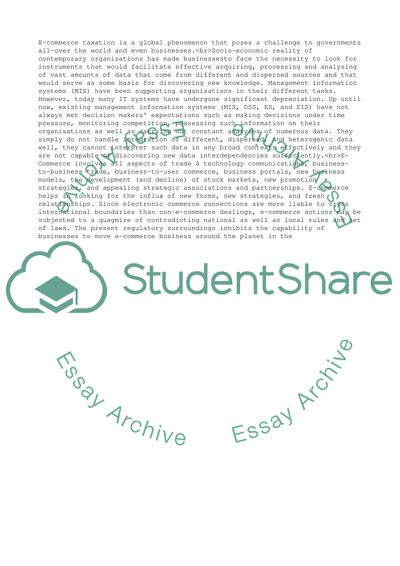Cite this document
(Not Found (#404) - StudentShare, n.d.)
Not Found (#404) - StudentShare. https://studentshare.org/e-commerce/1863357-e-business-taxation
Not Found (#404) - StudentShare. https://studentshare.org/e-commerce/1863357-e-business-taxation
(Not Found (#404) - StudentShare)
Not Found (#404) - StudentShare. https://studentshare.org/e-commerce/1863357-e-business-taxation.
Not Found (#404) - StudentShare. https://studentshare.org/e-commerce/1863357-e-business-taxation.
“Not Found (#404) - StudentShare”. https://studentshare.org/e-commerce/1863357-e-business-taxation.


